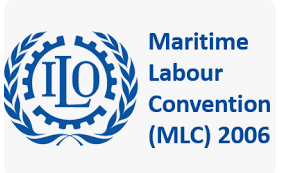Ship management refers to the comprehensive administration and operation of ships or vessels, typically carried out by a ship management company on behalf of shipowners.
Ship management encompasses a wide range of tasks and responsibilities aimed at ensuring the safe, efficient, and cost-effective operation of a vessel throughout its lifecycle.
Crew Management: Hiring, training, and managing the ship’s crew, including officers and seafarers. This involves ensuring that the crew is qualified, complies with international regulations, and operates the vessel safely.
Operational Management: Managing day-to-day operations, voyage planning, and navigation. This includes optimizing routes, fuel consumption, and cargo loading to ensure efficiency and safety.
Financial Management: Managing the financial aspects of ship operation, including budgeting, cost control, and financial reporting. Ship managers often work closely with shipowners to ensure cost-effective operations.
Insurance and Legal Matters: Managing insurance policies and handling legal matters related to the vessel, such as contracts, disputes, and claims.
Documentation and Record-Keeping: Maintaining accurate records of all activities related to the ship’s operation, including maintenance logs, crew records, safety reports, and regulatory documentation.
Ship management companies play a crucial role in ensuring that ships operate efficiently, safely, and in compliance with international standards and regulations.


